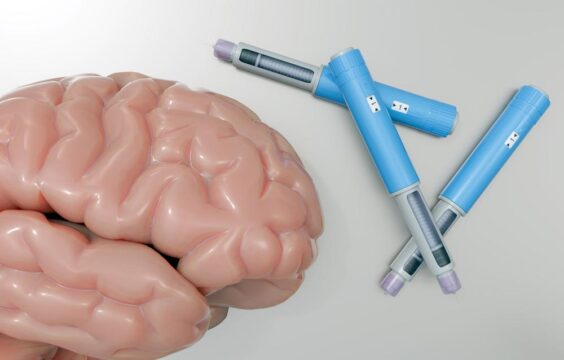Advertisment
Clot-busting therapy effective for patients with stroke history or diabetes
by Bruce Sylvester – Stroke patients with a history of stroke or diabetes who received clot-busting drugs post-stroke have achieved better outcomes than those who did not receive the drugs, researchers reported in the November 16 online issue of Neurology.
“The use of these drugs, called thrombolytic therapy, can limit damage and disability due to blood clots,” said study author Kennedy Lees, MD, of the University of Glasgow in Scotland. “However, current guidelines can keep people from receiving the therapy if they have a history of stroke and diabetes.”
The investigators retrospectively analysed data on 23,062 patients who received clot-busting therapy and 6,166 people who did not receive such therapy. They evaulated measurements of function 90 days post-stroke.
A total of 19% of all subjects had diabetes, and 17% had experienced a prior stroke.
The researchers measured stroke outcomes on a scale of zero to six using the modified Rankin Scale. Zero represented no symptoms, three represented moderate disability (requires some help but is able to walk unassisted) and a six indicated death.
The investigators reported that 43% of people with diabetes who received the clot-busting therapy had a disability score of two or less, compared with only 34% of diabetes patients who did not receive the therapy.
Also, they found that 48% of patients with previous stroke who received clot-busting therapy scored a two or less, compared with 35% of patients with previous stroke who did not receive the therapy.
“Better outcomes with therapy show that people with prior stroke or diabetes should not be excluded from receiving thrombolytic therapy,” said Dr. Lees.
The study was supported by the Virtual International Stroke Trials Archive (VISTA), the University of Glasgow and the European Stroke Organisation.





